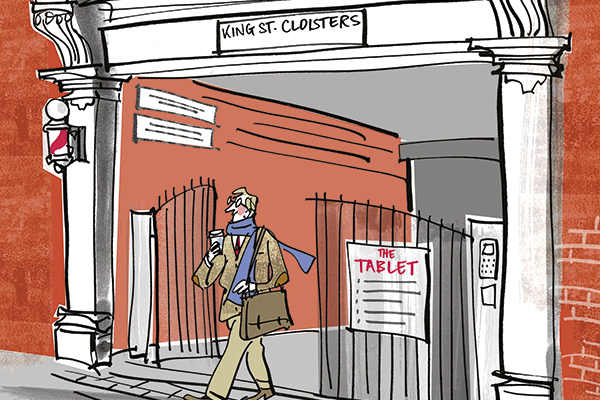The word “deal” has mesmerised us for months, and that doesn’t seem likely to change. Where did it come from and what does it imply?
A “deal” is an agreement, obviously enough. That’s what it meant in the title of Donald Trump’s 1987 book, The Art of the Deal. Over here, the word had a particular pop-cultural moment with the game show Deal or No Deal?, hosted by Noel Edmonds from 2005 until 2016. After the Brexit referendum in 2016, journalists and headline writers were irresistibly drawn to that phrase.
The Oxford English Dictionary treats “deal” as two different nouns: the first meaning “a portion”, the second meaning “the act of dealing or distributing”. That first noun is said to come from an Old English noun, dael. Such “deals” come in all sorts of shapes and sizes: good deals, great deals, bad deals and deals pure and simple. “I have a deal to look after,” complained Samuel Johnson in a letter of 1777. “Big deal” is from the 1930s; used sarcastically, it is from J.D. Salinger’s Catcher in the Rye, published in 1951.
28 March 2019, The Tablet
The artifice of the deal
The Language Game

Get Instant Access
Continue Reading
Register for free to read this article in full
Subscribe for unlimited access
From just £30 quarterly
Complete access to all Tablet website content including all premium content.
The full weekly edition in print and digital including our 179 years archive.
PDF version to view on iPad, iPhone or computer.
Already a subscriber? Login


